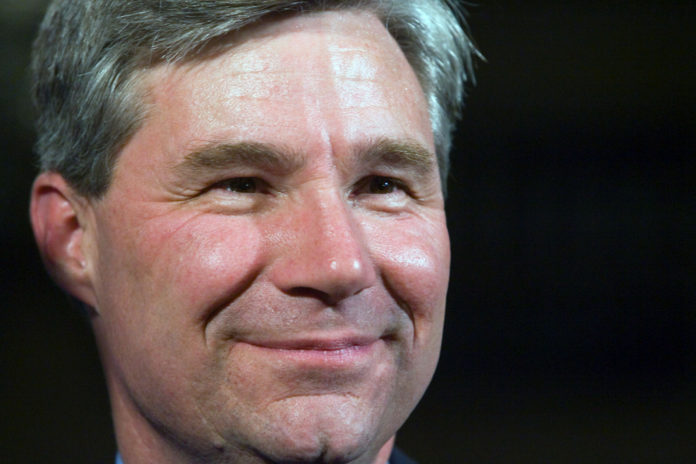
WARWICK – Rhode Island’s congressional representatives say they are working hard to close the gap between available jobs and skilled workers in the state. But there may be a mismatch between them and local business leaders on determining the biggest obstacle in lowering the unemployment rate.
Nearly 49 percent of attendees at the Greater Providence Chamber of Commerce’s 2012 congressional breakfast – held Monday at the Crowne Plaza Hotel Providence-Warwick – said they see a lack of new business ventures as the state’s greatest problem.
Just over 29 percent said it was the disparity lawmakers are touting. Less than half of the approximately 300 who attended the breakfast voted in an onsite poll.
“I think [a solution] is trying to connect our extraordinary higher education with our entrepreneurial sector,” said U.S. Sen. Sheldon Whitehouse. “There’s some very targeted programs. That’s one piece of it.”
Whitehouse, Sen. Jack Reed, Rep. David N. Cicilline and Rep. James R. Langevin spoke to the local business community about the steps they are taking to help Rhode Island’s economic recovery.
Whitehouse was quizzed on whether he would turn down being nominated for a seat on the Supreme Court – something Vice President Joe Biden recently said the two discussed two years ago.
“I would,” said Whitehouse. “When unemployment goes down to 3 percent, maybe I’ll think about it. But we’ve got a lot of work to do.”












